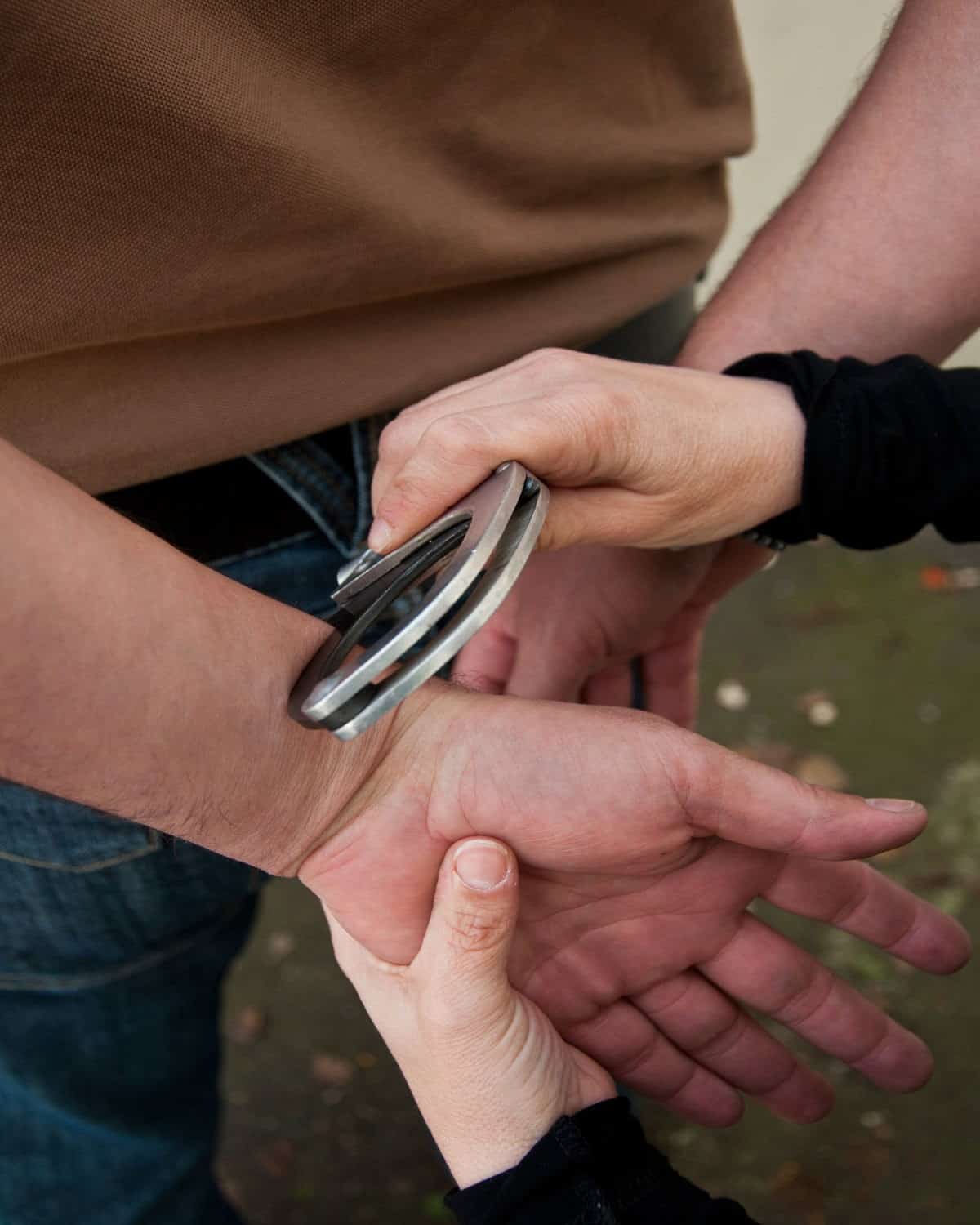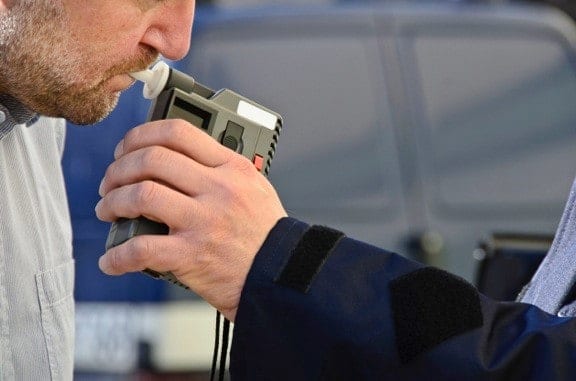Colorado Theft Laws: Penalties and Defense Strategies
July 1, 2025

6 Things to Do If You Have Been Issued a Protection Order
A Guide to Colorado’s Sex Offender Registry
Now is the best time to review the risks of the road and how to drive safely. Why? Because summer is the most dangerous time to drive. Let’s look at why:
Almost all of those others make immediate sense, but why is there a higher rate of driving under the influence in the summer? How could it impact you? Let’s take a detailed look.
Everyone knows drunk driving is extremely dangerous. Last year, alcohol was a factor in close to one-third of Colorado’s traffic-related deaths.
DUI rates are especially high during summer holiday weekends, including Memorial Day, the Fourth of July, and Labor Day. The long days of summer, public spaces that allow drinking, and longer weekends create a perfect storm for DUI and alcohol-related crashes.
In fact, the Fourth of July is often considered one of the deadliest holidays of the year. Last year, the National Safety Council predicted that over 400 people would die due to drinking and driving just during the Fourth of July holiday.
First and foremost, it is important that you stay safe this summer. But even when you’ve buckled up, put away your phone, and committed to driving under the speed limit, a drink or two could land you with a DUI.
Why?
Peace officers know the high rates of DUI during the summer months, so when the temperature goes up, they crack down. If officers can reasonably suspect that you have been driving under the influence, they can pull you over and you will be subject to a chemical test. Some of the reasons they may suspect you have been drinking include:
And then, of course, there are sobriety checkpoints.
Even if it looks like you are driving as any sober driver would, you may still have to speak to peace officers or submit to chemical testing. This will happen if you drive through a sobriety checkpoint.
Sobriety checkpoints are legal in Colorado. They are designated areas that police officers can set up in order to pull over drivers and determine if they have been drinking. You will have to submit to roadside testing in order to be let go.
When you step behind the wheel of a motor vehicle in Colorado, you automatically express consent to BAC testing. This can be done through blood, breath, or urine, so if a peace officer has a breathalyzer on hand, you will have to blow.
Of course, you can refuse a chemical test… but you will have to drive with an Ignition Interlock Device for 2 years and be designated as a Persistent Drunk Driver. An Ignition Interlock Device, aside from costing around $1,000, does not allow you to start your car until you’ve submitted to and passed an in-car breathalyzer test.
And if you fail the roadside sobriety tests, you will be arrested. You will be taken to a local jail and your car will be towed.

You may not be able to tell just by a quick assessment of your mental or physical state whether or not you are above or below the legal limit to drive, especially if you’ve been at an event for a long time. When in doubt, it’s a good idea to call a cab. Even if you have to pay large fees for parking or a rideshare, they are miniscule compared to the consequences of being caught driving under the influence.
If it is your first DUI offense, you may face the following penalties:
Take note that these are the consequences for your first offense. Repeat offenders will face more serious consequences, as will drivers under the age of 21.
If you have been charged with DUI, it is important to hire a criminal defense attorney immediately who can represent you and prove your innocence or keep your sentence down to a minimum. Contact us today for a free case evaluation.
About the Author:
Denver-based criminal defense and DUI attorney Jacob E. Martinez is a knowledgeable and experienced litigator with a record of success providing innovative solutions to clients facing criminal charges of any severity. Mr. Martinez has been designated a Top 100 Trial Lawyer by the National Trial Lawyers and has been awarded both the Avvo Client’s Choice Award and Avvo Top Attorney designation, evidencing his reputation for his exemplary criminal and DUI defense work and high moral standards.
Jury Trial - Not Guilty
Jury Trial - Not Guilty
Arapahoe 1st Degree Assault/Vehicular Assault
Jury Trial - Not Guilty
Denver Domestic Violence Assault Case
Jury Trial - Not Guilty
Denver D.V. Assault
Jury Trial - Not Guilty
Denver Careless Driving Resulting in Death
Jury Trial - Not Guilty
Jefferson County Felony Menacing
Jury Trial - Not Guilty
Adams County DUI
Jury Trial - Not Guilty
Jefferson County DUI
Jury Trial - Not Guilty
Jefferson County DUI
Jury Trial - Not Guilty
Jefferson Vehicular Assault/DUI
Jury Trial - Not Guilty
Jefferson County DUI
Jury Trial - Not Guilty
Boulder County DUI case
Jury Trial - Not Guilty
Arapahoe County DUI case
Jury Trial - Not Guilty
Adams County DUI case
Jury Trial - Not Guilty
Douglas County DUI case
Jury Trial - Not Guilty
Gilpin County DUI case
Dismissed
Broomfield County Probation Revocation case
Dismissal
Arapahoe County DUI case
Deferred Judgment
Arapahoe County DUI case
Deferred Judgment
Douglas County DUI case
Deferred Judgment
Larimer County DUI case
Deferred Judgment
Arapahoe County DUI Case
Deferred Judgment
Denver Felony Burglary Case
Deferred Judgment
Arapahoe County DUI case
Dismissed
Arapahoe County Protection Order Case
Dismissed
Golden Destruction of Property case
Dismissed
Jefferson County Protection Order case
Dismissed
Jefferson County Domestic Violence case
Dismissed and Sealed
Jefferson County DUI case
Dismissed
Denver Major Traffic Offense case
Dismissed and Sealed
Broomfield County Domestic Violence case
Dismissed
Summit County DUI Revocation
Dismissed
Denver DUI Revocation
Dismissed
Denver DUI Revocation
Dismissed
Denver DUI +.2 Involving Accident and Injury case
Dismissed
Denver DUI/Habitual Traffic Offender case
DISMISSAL
Denver District Aggravated Theft
Dismissed
Greenwood Village Assault case
Dismissal
Elbert County DUI
Dismissed
Arapahoe County Domestic Violence case
Dismissal
Jefferson County DUI
Dismissal
Denver Municipal Assault
Dismissed
Boulder County Domestic Violence Assault case
Dismissed
Wheat Ridge Assault case
Dismissed
Jefferson County DUI case, with 2+ Prior Convictions
Dismissed
Arapahoe County Domestic Violence case
Dismissed
Broomfield County Domestic Violence case
Dismissed with No Charges Filed
Jefferson County Felony Theft case
Dismissed
Arapahoe County Felony Theft case
Dismissed
Boulder County Felony Theft case

